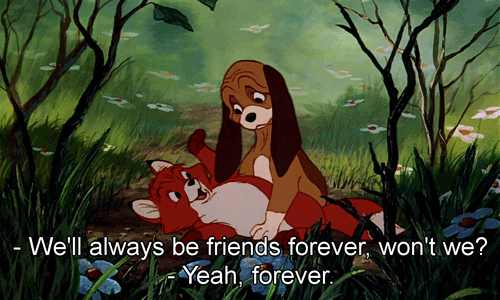The 90 Percent Rule
I've been trying to lower my stress levels for the past 6 months. I'm doing yoga, exercising, not drinking coffee or alcohol. But one of the most important ways to manage stress is in your head, the way you process the world.
Self-Induced Stress
I've been listening to this book called How to Stop Worrying and Start Living by Dale Carnegie. There are a few really amazing tactics that have helped me.
As entrepreneurs, most of us have strong frames. We see this world this way, and if the world isn't the way we think it is, then we make the world change to our will. We aren't the type of people who are full. We're the type of people who are hungry (and foolish sometimes).
I've always been okay dealing with uncertainty and stress, until I got injured one day (basketball) and I couldn't walk. Without exercise, the stress levels became unbearable and started affecting my health. Now I'm better but am still fighting stress. It made me realise I had to lower my stress or it would kill me.
If you're like me, you don't really feel content. You always want to improve something. Beat your personal best. Get to the next level.
But that kind of life is stressful. Having your own business is stressful. Being a manager with accountabilities is stressful. Having aspirations so large you have no guarantee you can achieve it is stressful.
When you're fighting a lot, you will get burned out. I remember one time when I was fighting for sales and pitching to stores, and I needed to drink some water, so I walked into a fast food place and asked for some water. They wouldn't give me any. And I just thought, why do I have to fight so hard for every little thing? I just want a cup of water. I'm not trying to lead a revolution against your company policy.
Maybe there's a less stressful way to achieve success. Here are two of the most effective tactics from the book.
Worst case
Accept the worst outcome. Actually accept it. Then think how to improve it. It's very different from my thought process before, which was: This is how it should be, why isn't it? It's going to be, it has to be, and willing it into existence basically. Steve jobs may have had this view but it doesn't mean it's the best way to approach entrepreneurship. I also read a book called Succeeding When You're Supposed to Fail: The 6 Enduring Principles of High Achievement by Rom Brafman. It describes how people from poor or troubled families over come challenges.
From an Amazon Review:
- The limelight effect--Tunnelers have a high sense of inner locus of control. This means that they believe they control their destiny.
- Meaning making--Tunnelers find meaning in what is before them and what they are doing.
- Unwavering commitment--Tunnelers believe in themselves and their calling. They will stick with a task as long as necessary.
- Temperament and success--Tunnelers believe in developing an "even tempered disposition" They're unwavering commitment means that a loss or set back or a series of them will not cause them to lose faith.
- Humor counteracting adversity--Tunnelers enjoy laughing and humor. It helps them deal with the different opportunities that life tends to send their way.
- The importance of a Satellite--Tunnelers have someone in their life (sometimes only for a necessary season) who invests in them and acts as a satellite.
90% rule
90% of your life is good. You're richer than you feel. How much money would you pay to have eye-sight? Or to be able to have all your limbs? $100,000? $1,000,000? $10,000,000? If you have those things then you effectively saved that much money and are that rich. 90% of your life is good. You have your health, water, food, and safety. If you're lucky, maybe even friends and family. Isn't it better to focus on that 90% which is good than on the 10% that's bad? You're likely to always have 90% good and 10% bad.
If you always focus on that 10% which is bad, then wouldn't you almost always be in a mean and dour mood?
I try to remember this several times throughout the day.
Friends
Another issue that's been a part of my life in recent times is making friends. Having lived in a lot of places, I found making friends was pretty easy and natural to me after I learned the pickup line "can I play?" as a kid. In school, it was "hey, did you catch any of that shit?" But now it's substantially harder to make friends as a 28 year old. No one wants to make close friends anymore because they already have close friends: Friends from elementary, high school, and college. Some even have a family and kids. So on a scale of importance, it feels like this:
Baby, husband or wife, parents, old friends, dog, cat, and new friends (<-- me).
For networking it's okay, but as a person that travels and explores the world, finding any real friends or relationships nowadays is substantially tougher. This has been quite a pressing issue for the past year. Maybe it's the place. A wise woman told me that some plants don't grow well in some environments. It's an analogy.
I'm thinking I'll write an article called "Traveller's Guide to Friends" later.

